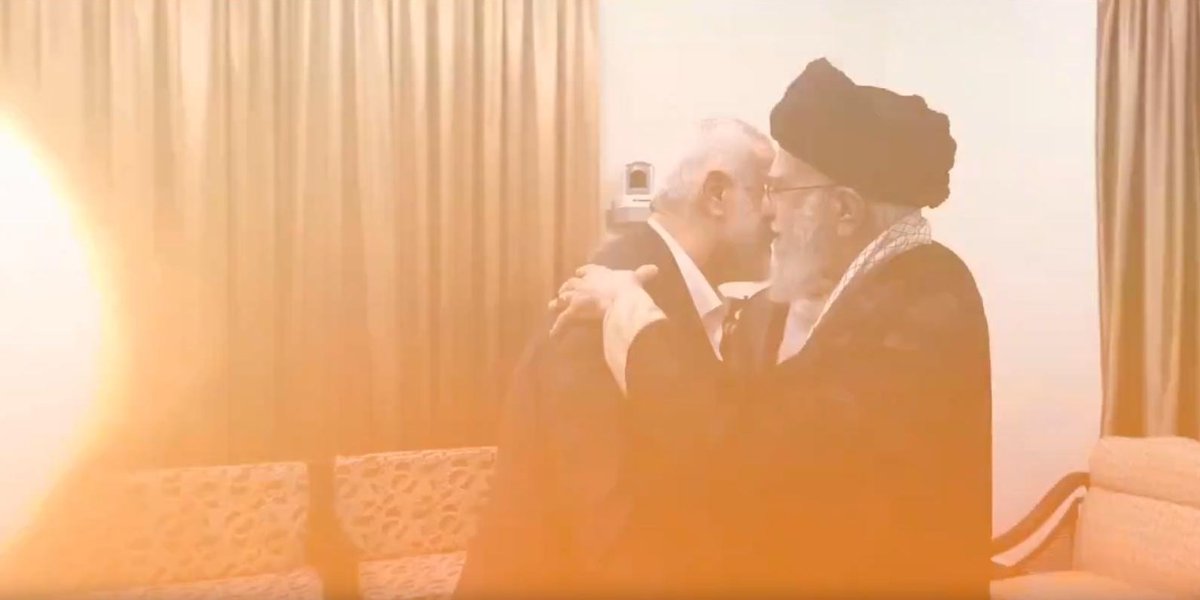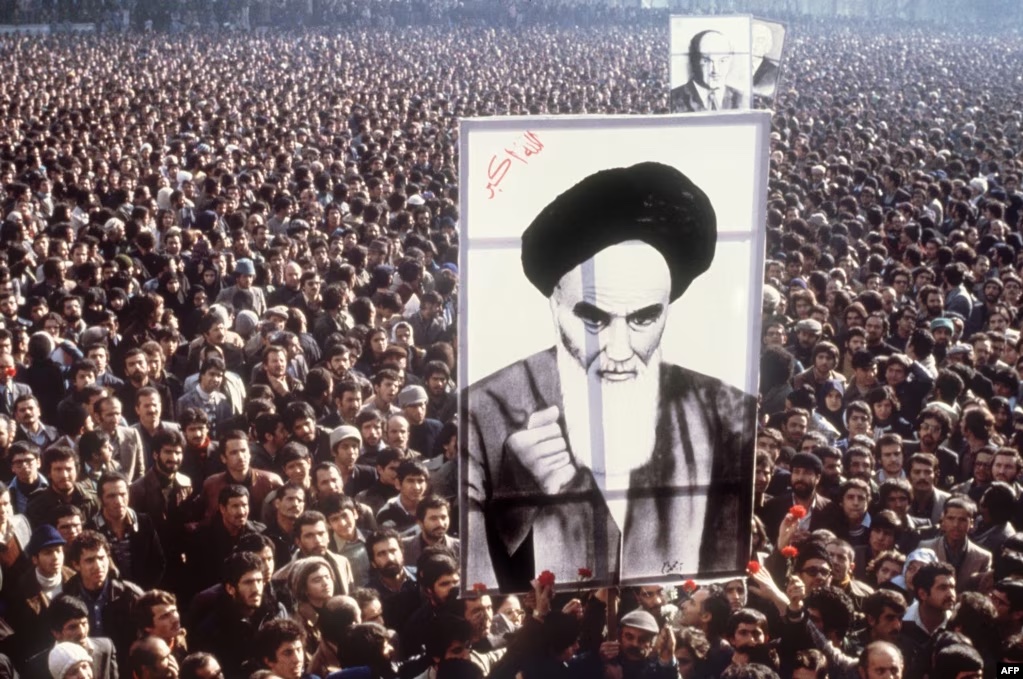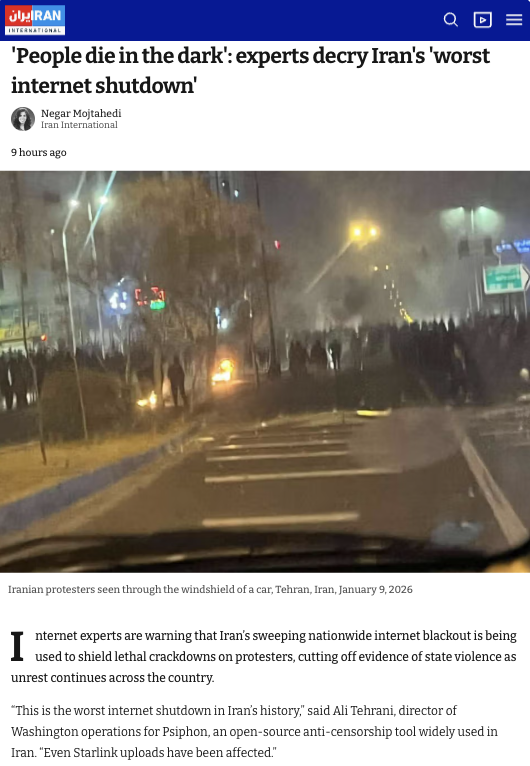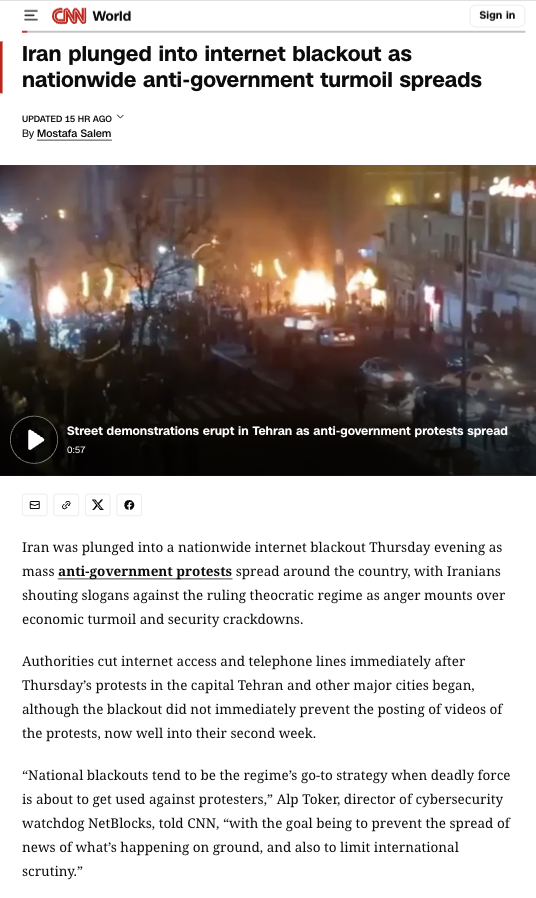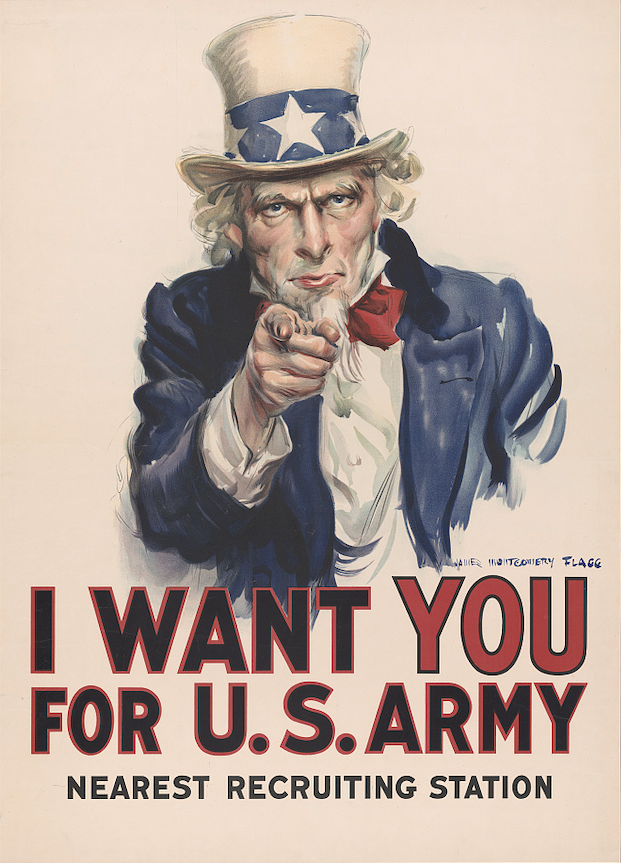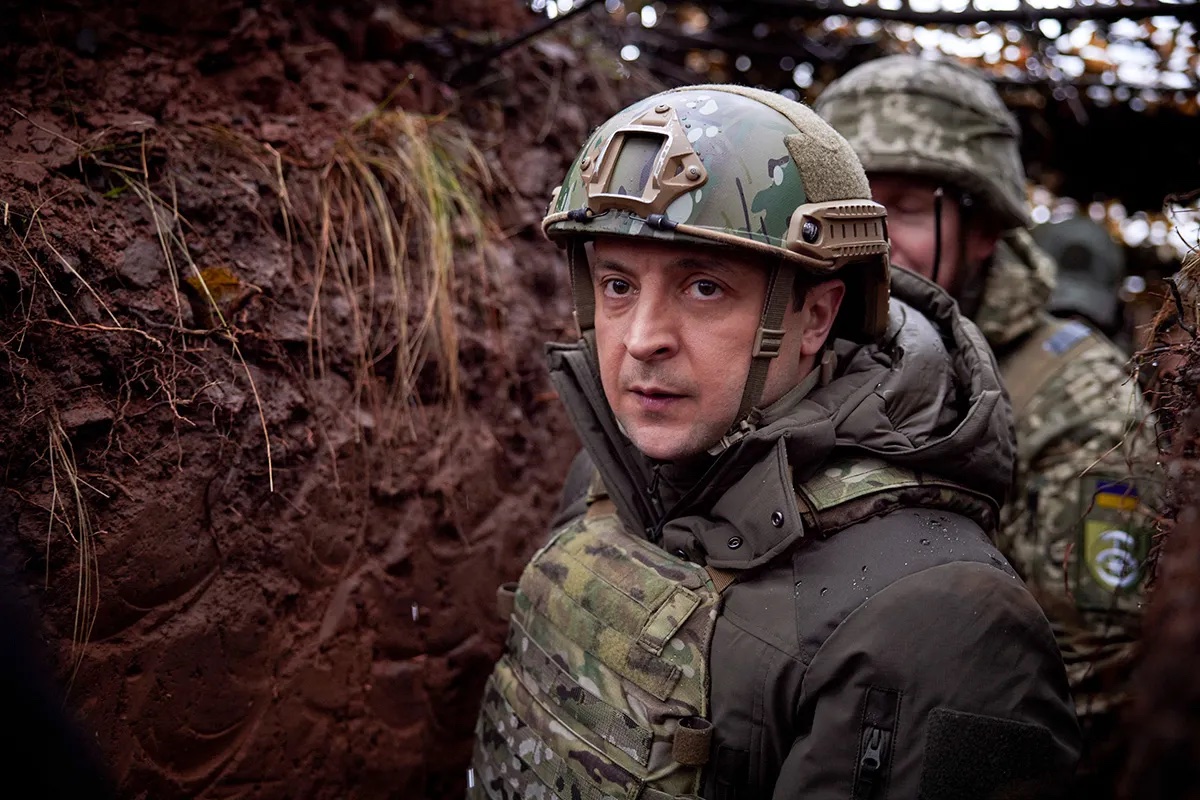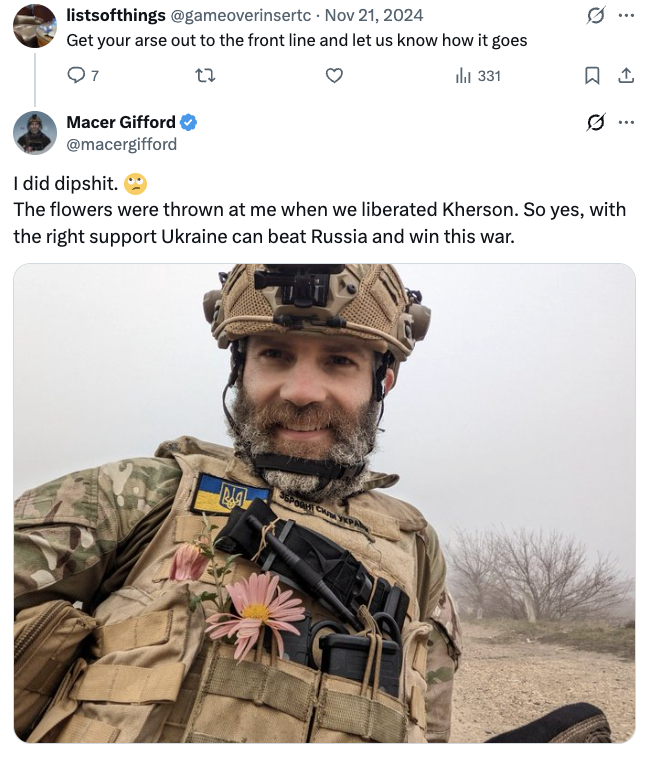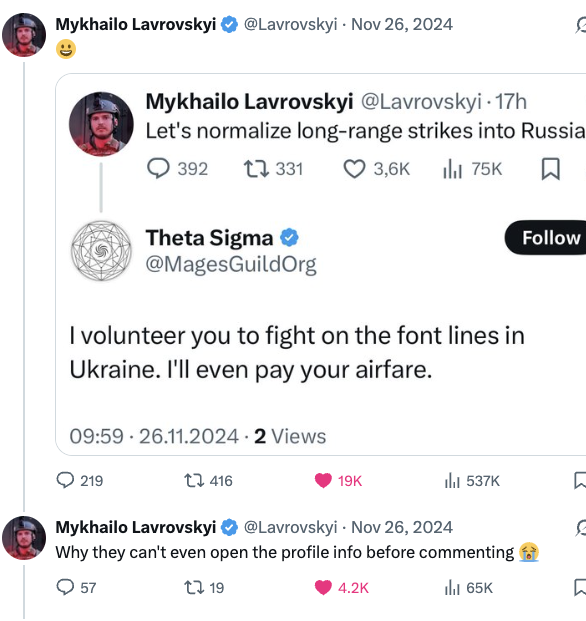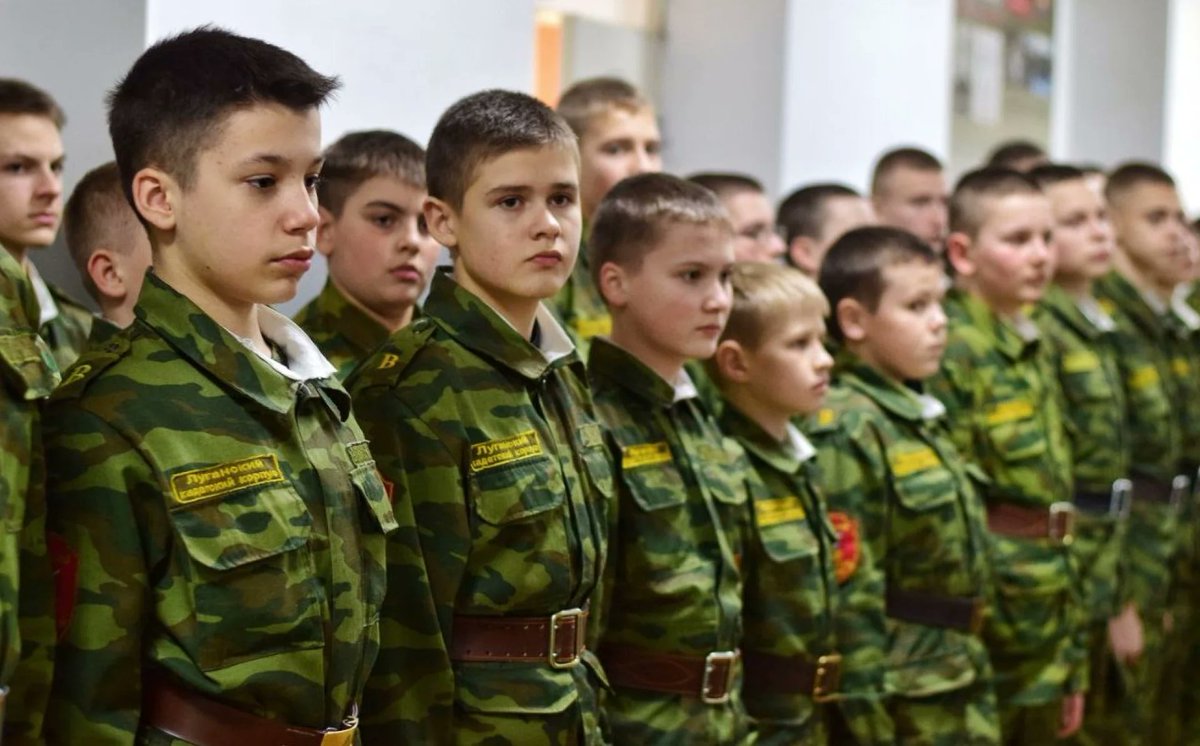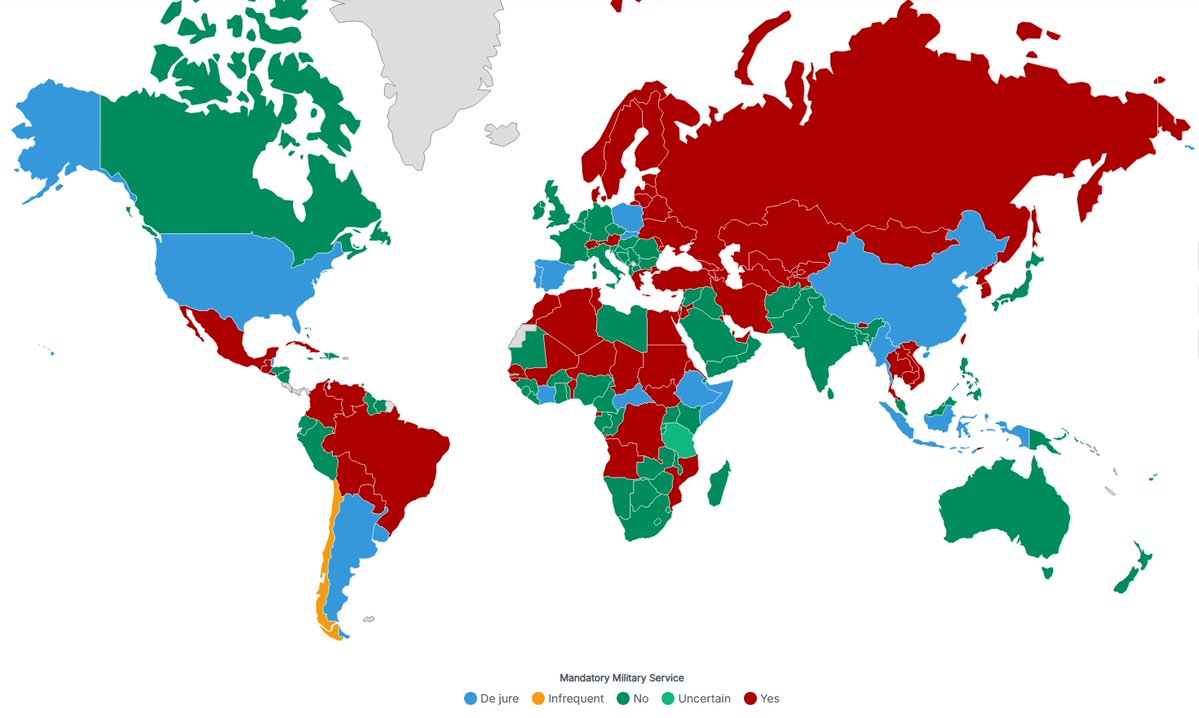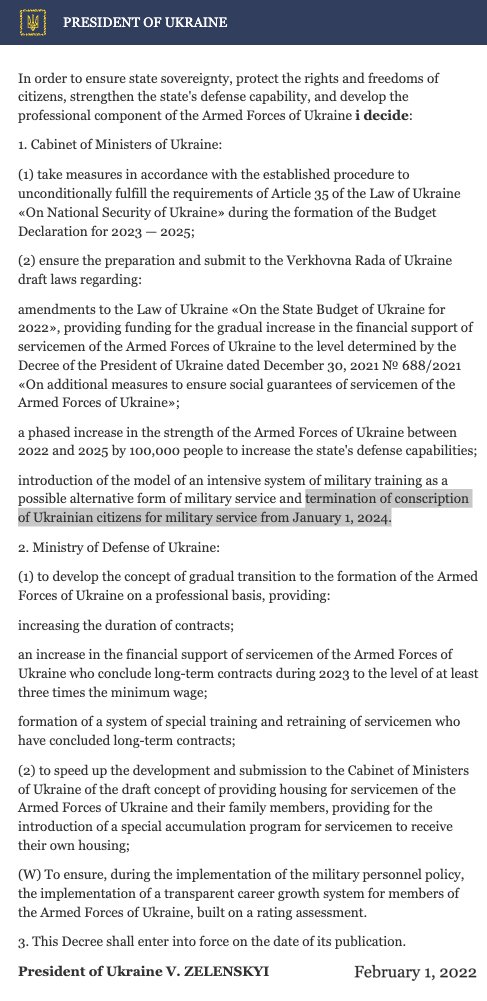In today's #vatnik soup I'll be introducing a Portuguese "independent journalist" and a politician, Bruno Carvalho. Carvalho is part of the gang that does live - and often staged - reports from Russian-controlled areas of Donetsk and Luhansk Oblasts.
1/17
1/17

Bruno's political affiliation is with the communists, and he was elected to city hall of Amadora as a member of the communist party CDU/PCP. Allegedly he joined the party at a very young age, as there's video footage of a 19-year old Bruno being interviewed about politics.
2/17
2/17

Perhaps due to his political background, Carvalho is all about them Ukrainian nazis. He calls the Azov Regiment "the neo-Nazi Azov Battalion", being consistent with the views of his party, PCP.
3/17
3/17

In May, 2022, he published an image on Telegram of "Mein Kampf", a book written by Austrian politician Adolf Hitler, on top of a Ukrainian flag. He claimed that his "fellow journalist" found the book inside an empty house in Rubizhne.
4/17


4/17



Interestingly, he also claimed that it was the ONLY book found inside the house, suggesting that someone really loves Hitler over there in Luhansk Oblast.
Carvalho stated that no one else was present when they entered the apartment, but a video published by the Russians...
5/17
Carvalho stated that no one else was present when they entered the apartment, but a video published by the Russians...
5/17
suggest otherwise: it clearly shows that he entered the flat together with Russian soldiers.
He's also interviewed people who were "robbed" by the Ukrainian forces, and denied all sorts of war crimes conducted by the Russian forces, including mass graves in Mariupol.
6/17
He's also interviewed people who were "robbed" by the Ukrainian forces, and denied all sorts of war crimes conducted by the Russian forces, including mass graves in Mariupol.
6/17
In addition, this heroic "independent journalist" has reported on Ukrainian Tochka-U missiles that, based on Bruno, were used to attack civilians in the puppet states of DPR & LPR. During the fake referendums, Carvalho claimed on a news broadcast that "Donetsk is a country".
7/17
7/17
Carvalho has also been a target of criticism in Portugal. For example, João Galamba, Minister of Infrastructure has mocked him and the content he's shared on Twitter. Carvalho considered this a serious attack against his journalistic integrity and demanded an intervention... 8/17 

... from the Journalist's Union.
Now here comes the interesting part: Bruno Carvalho is a contributor for @cnnportugal. On their website, you can see various video reports from Bruno with titles like ...
9/17
Now here comes the interesting part: Bruno Carvalho is a contributor for @cnnportugal. On their website, you can see various video reports from Bruno with titles like ...
9/17

... "It's very difficult to justify a narrative that says it's the Russians who are bombing themselves" and "I counted at least 50 rockets in this zone alone: this is the result of hours of consecutive attacks in Donetsk". You know, variations of the "genocide in Donbas"...
10/17
10/17
... narrative that Russia has been pushing since 2014. It is necessary to have reports from both sides of the conflict, but the other side shouldn't be covered by "journalists" who have no respect towards journalistic ethics.
11/17
11/17
Former MEP Ana Gomes asked the CNN about the issue,but neither @CNN or @cnnportugal responded to her.Carvalho's shared a video of Zelenskyy with subtitles that turned out the be fake. He added a "correction" that suggested that the "opinions are divided" on what Zelenskyy...12/17 



...actually said, which of course isn't true. As of today, Bruno's tweet is still available.
Carvalho's been also going on about the Minsk agreement. He's stated that Zelenskyy should've complied with the Minsk agreements instead of pushing for NATO.
13/17

Carvalho's been also going on about the Minsk agreement. He's stated that Zelenskyy should've complied with the Minsk agreements instead of pushing for NATO.
13/17


But as many of you know, Russia never complied with the Minsk agreement, either. I'm by no means expert on this topic, but please read this fantastic analysis by @neil_abrams for more information:
14/17
https://twitter.com/neil_abrams/status/1593605254494523392
14/17
Russia has a huge propaganda network in Latin America, and news channels like RT Español and Sputnik Mundo are very popular there. Portuguese is an official language in Brazil, a country with population of over 200 million people.
15/17
15/17

Yet it is kind of a "blind spot" for the Western analysts focusing on Russian propaganda and disinformation. "Journalists" like Carvalho have large presence in these areas, and their pro-Russian narratives are often published without any criticism.
16/17
16/17

In addition, contributing for a prestigious and well-known brand such as CNN, Bruno's considered as a reliable source of information.
Thank you for the sous-chef @Cbritinha and the rest of the Portuguese team for helping me to prepare this soup.
17/17
Thank you for the sous-chef @Cbritinha and the rest of the Portuguese team for helping me to prepare this soup.
17/17
Support my work (and get some AI art!): buymeacoffee.com/PKallioniemi
Past soups: vatniksoup.com
Related soups:
"Genocide in Donbas":
Past soups: vatniksoup.com
Related soups:
"Genocide in Donbas":
https://twitter.com/P_Kallioniemi/status/1611980244252258304
• • •
Missing some Tweet in this thread? You can try to
force a refresh


